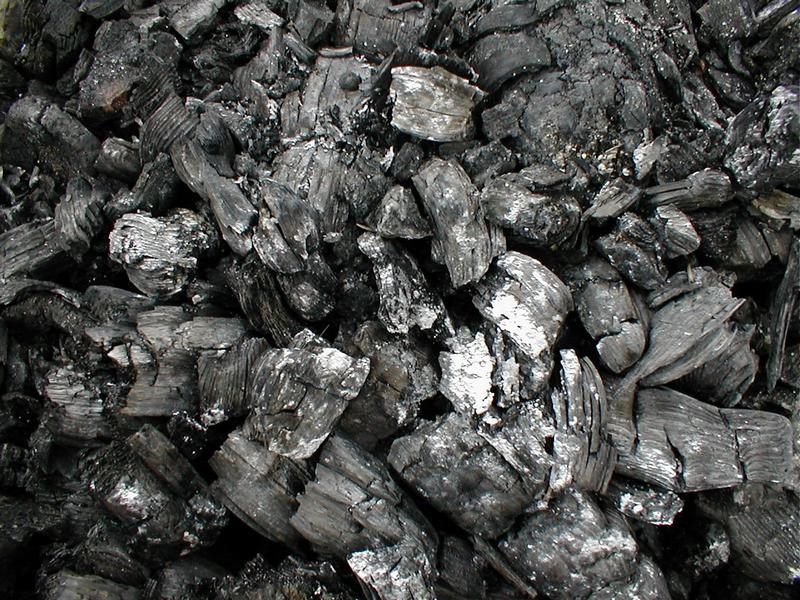
The federal coal leasing program does not currently provide a fair return to taxpayers, and adjusting royalties to make that happen would have little effect on the coal industry, according to a report issued Wednesday by the White House Council of Economic Advisers. “We can go way up on royalties and still bring in additional revenue. Eastern coal will actually slightly benefit,” Kenneth Gillingham, senior economist for energy and the environment with the council, said in announcing the report at an event hosted by Resources for the Future.
The Interior Department announced in mid-January it would issue no new coal leases on federal lands while completing a programmatic environmental impact statement (PEIS) of the U.S. coal leasing program. The review is intended to determine if the program is properly structured to provide a fair return to taxpayers, reflects its impacts on the environment, and will continue to help meet the nation’s energy needs. The agency last conducted a PEIS for the federal coal program in 1983-1984. That review process also included a pause on coal leasing, as did the previous four. Currently, approximately 41 percent of the nation’s annual coal production comes from federal land.
The new paper focuses only on the issue of providing a fair return to taxpayers. The coal leasing program brings in revenue in three ways: through the bidding process, land rents, and royalties on the coal mined, Gillingham and council Chairman Jason Furman explained. “Coal [leasing] basically hasn’t been changed since the 1980s and since then the number of flaws in the way we do pricing of coal on federal land have only grown or become more apparent,” Furman said.
The federal coal leasing program currently brings in roughly $700 million in Federal and State revenue per year, according to the report.
The bidding system in itself has been called into question: The Government Accountability Office determined that in the last 23 years more than 90 percent of auctions have had a single bidder, which in many cases offered just more than the minimum required bid.
Land rental fees start at $3 an acre and bring in very little money.
Royalties are a complex issue. Under statute, the royalty rate for coal mined on federal land is 12.5 percent. However, there are a number of ways that companies can pay much less than that. First, companies can apply for waivers for the royalties. Second, the royalty rate is applied to the reported price of coal, which can be adjusted for transportation and washing costs, which are also self-reported. “You take those things into account, and one study found the rate on the actual price was as low as 4.9 percent,” Furman said.
The lack of competition in bidding for coal and low minimum bids were noted as concerns in a Tuesday letter sent to Interior Secretary Sally Jewell by 48 Democratic members of the House of Representatives. “As you know, the existing federal coal program is broken. Study after study has shown that taxpayers are not getting their fair share of revenues from the leasing and mining of federally owned coal and that environmental issues have gone unaddressed,” the letter says.
In the new report, the council attempted to compare the price of federal coal with coal mined nearby, all non-federal coal mined nationally, current natural gas prices, and hypothetical federal coal priced to maximize the return to the taxpayer.
Upping royalty rates on coal mined on federal land would put it the price more in line with the rest of the coal sector, giving a boost to coal production in the east. The increased royalties would also only apply to new coal, so “it will have a very minor impact on existing operations,” according to Gillingham. According to the report, adjusting the royalty rates could result in up to $3 billion in additional government revenue.
“A major finding from this modeling exercise is that the potential to bring in additional revenue to the public is quite substantial. While the past year may have been difficult for certain coal companies, in general, the analysis indicates there are large economic rents being earned on Federal coal, and only a small fraction of these rents are currently going to the States and the U.S. Treasury,” the report explains.
Not everyone received the report favorably. “Today’s White House report once again puts politics ahead of practicality. At a time when millions of low- and middle-income families are struggling to pay their electric bill, any decision that further restricts access to affordable power from coal should be followed by a legitimate explanation. Unfortunately, it seems the only answer the administration is willing to provide is one that conflates issues and picks winners and losers in our energy markets,” Laura Sheehan, senior vice president of communications for the American Coalition for Clean Coal Electricity, said in a written statement.